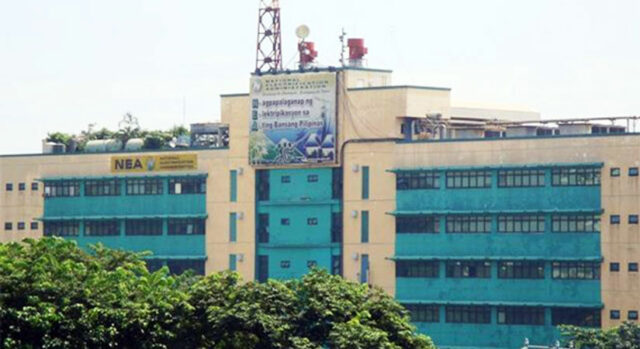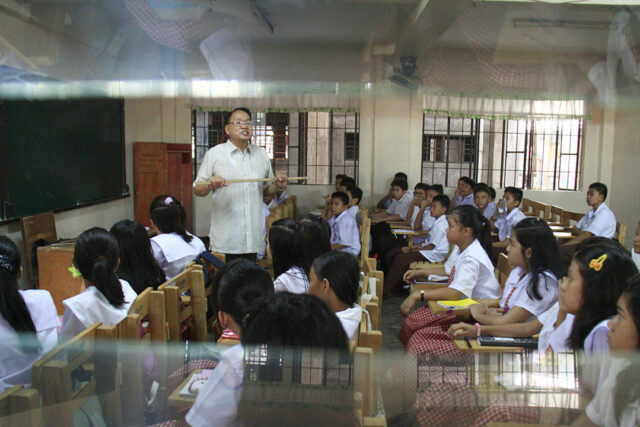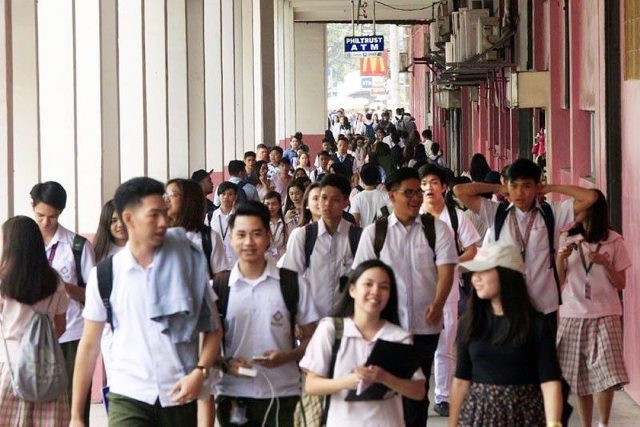Ease of compliance seen determining success of new VAT on foreign DSPs
By Beatriz Marie D. Cruz, Reporter
COMPLIANCE with a new value-added tax (VAT) by foreign digital service providers (DSPs) will hinge on how seamless the online registration and payment process can be made, analysts said.
The revenue target for the new 12% VAT on DSPs was set at P105 billion a year following the signing of Republic Act No. 12023, highlighting the pressure on the government to raise funds for its various spending commitments.
“Since the main targets of the law are nonresident foreign providers, the main challenge is making compliance such as registration, filing, and payment easy for the taxpayers,” Eleanor L. Roque, tax principal of P&A Grant Thornton, said via Viber.
The agencies involved must also ensure that foreign companies accurately declare and remit their taxes, she added.
Under the law, foreign DSPs must designate a representative or agent registered under Philippine law to assist in tax compliance.
The digital services VAT is expected to level the playing field between domestic brick-and-mortar stores and nonresident tech firms such as Netflix, Amazon, and Spotify.
To help ensure tax compliance, the Bureau of Internal Revenue (BIR) must ensure that its system allows foreign firms to easily register and file their tax returns, former Finance Secretary Margarito B. Teves said.
“The BIR needs to ensure that the registration process and requirements for foreign DSPs is simple and straightforward. This can be done through the use of an online registration system wherein businesses could submit requirements online,” Mr. Teves said in an e-mail.
The bureau must also conduct taxpayer education campaigns and form a dedicated unit to monitor foreign firms’ tax compliance, Mr. Teves said.
“It can make use of third-party sources such as existing industry analysis reports or even partner with industry associations and business organizations to help identify and locate these foreign DSPs, check their activities, and ensure that they are paying the corresponding taxes,” he added.
The proper documentation of digital transactions would help the authorities ensure that the appropriate taxes are paid, Philippine Retailers Association President Roberto S. Claudio said.
“All online deliveries coming from outside the Philippines should be accompanied by receipts and subject to Customs check,” he said in a Viber message.
The government should also enforce strong border controls to ensure that it collects the proper duties and taxes from nonresident DSPs, Mr. Claudio added.
The Philippines is the latest country in the ASEAN (Association of Southeast Asian Nations) to introduce a VAT on nonresident digital services.
Other ASEAN countries have some form of VAT in place on digital services. Indonesia charges 11%, Vietnam 10%, Laos 10%, Cambodia 10%, Singapore 9%, Malaysia 8%, and Thailand 7%.
Benedicta Du-Baladad, founding partner and chief executive officer of Du-Baladad and Associates, said the government may also consider exempting some digital services from VAT.
“While our tax applies to all digital services, certain jurisdictions exclude several transactions from the imposition of the tax, like: financial and communication services, intra-group transactions, and online services by government institutions,” she said via Viber.
“These exclusions simplify the imposition of the tax and reduce instances of B2B (business-to-business) transactions.”
RA 12023 only allows VAT exemptions for digital services sold on a subscription basis to educational institutions recognized by the Department of Education, the Commission on Higher Education, and state universities and colleges.
It also exempts from VAT the services of bank, non-bank financial intermediaries performing quasi-banking functions, and other non-bank financial intermediaries.
Under the law, foreign DSPs whose gross sales or receipts for the past year exceed P3 million must register for VAT. It also subjects foreign companies providing services to the government to a 5% VAT.
The law covers online search engines, online marketplaces, cloud services, online media and advertising, online platforms, and any digital content providers.
The law’s implementing rules and regulations (IRR) are due 90 days after the law takes effect.
The BIR must also make its own arrangements for administering the tax.











